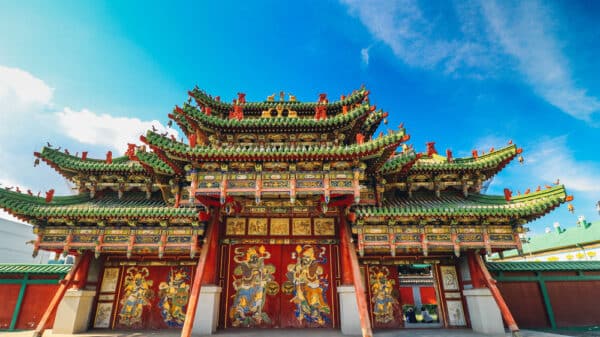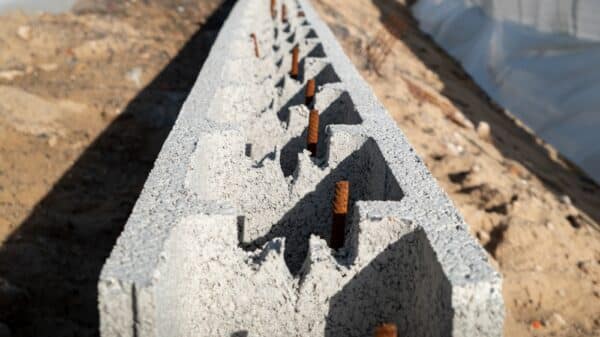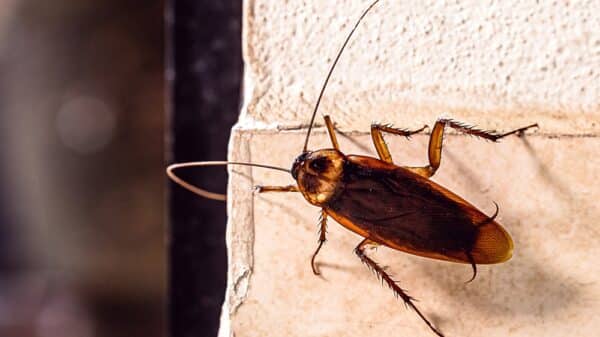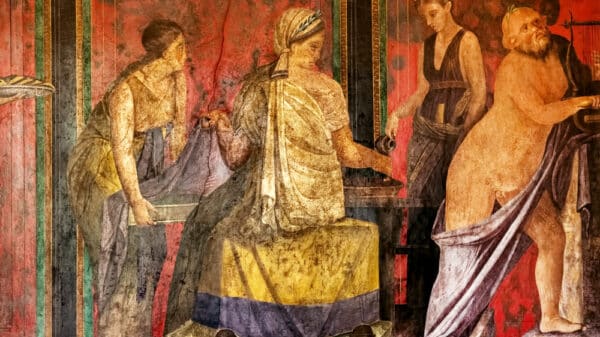Macau Peninsula was once colonized by the Portuguese over a hundred years back, and their impact on the culture and cuisine has started to diminish, with less than a tenth of the population now being native Portuguese.
Currently, Macau is famed for its immense casinos and is oftentimes labeled as the “Sin City of the East”. The area has undergone swift development and the progress has led to the creation of over 40 casinos.
Conventional shops have been substituted by businesses like jewelry boutiques and fresh eateries. Nonetheless, traces of the original Macau, like the renowned ruins of St. Paul’s and the Chinese A-Ma Temple, still endure.
For individuals in pursuit of genuine local dishes, there are a few remaining Macanese diners in the peninsula, with António and Miramar being amidst the finest Portuguese eateries. Other diners also strive to uphold authentic Macanese cuisine.
Sonia Palmer, the proprietor of the renowned Macanese diner Riquexó, highlights the contrasts between Macanese and Portuguese cuisine. The eatery, celebrated for its classic meals from Aida’s Macanese recipes, has turned into a beloved spot for the community.
Aside from the traditional dishes, Riquexó also provides a range of Portuguese dishes, such as feijoada. There are other local food joints that exhibit the distinctive flavors of Macanese cuisine as well.
For those desiring a more upscale experience, Restaurante Litoral provides an array of dishes, including the fusion of galinha à Africana and caldo verde. Macanese egg tarts are a favored dessert and have emerged as a culinary symbol of Macau.
Image Source: Avigator Fortuner @ShutterStock






























